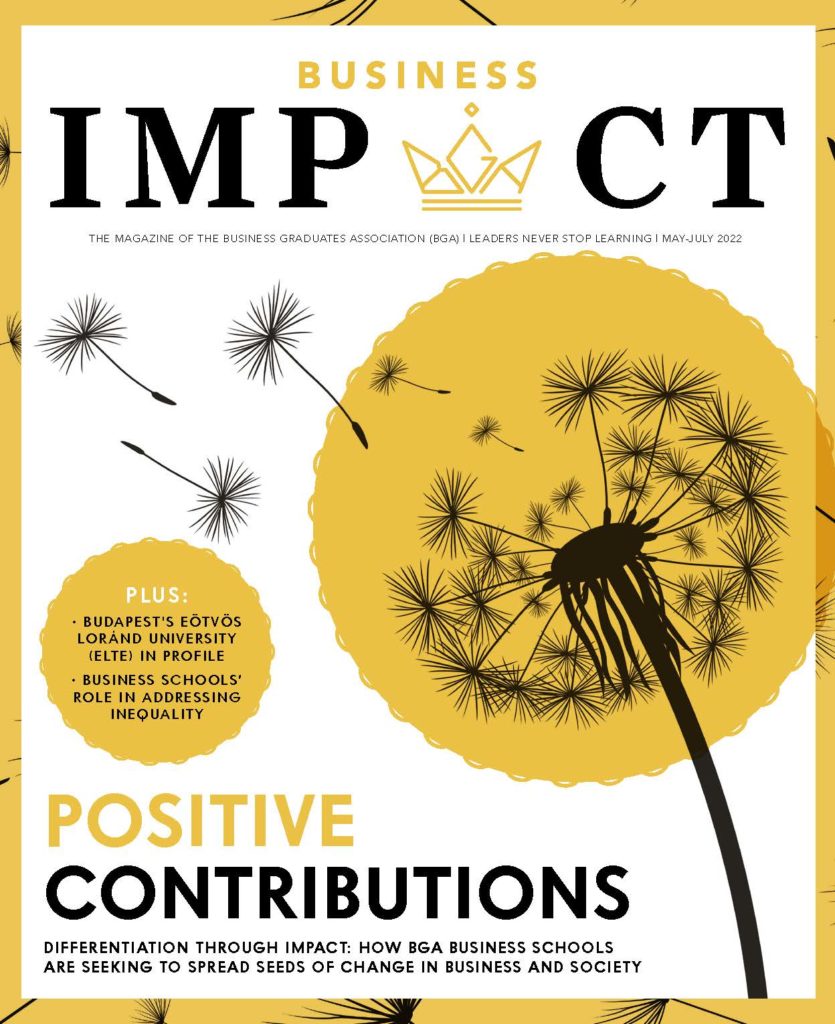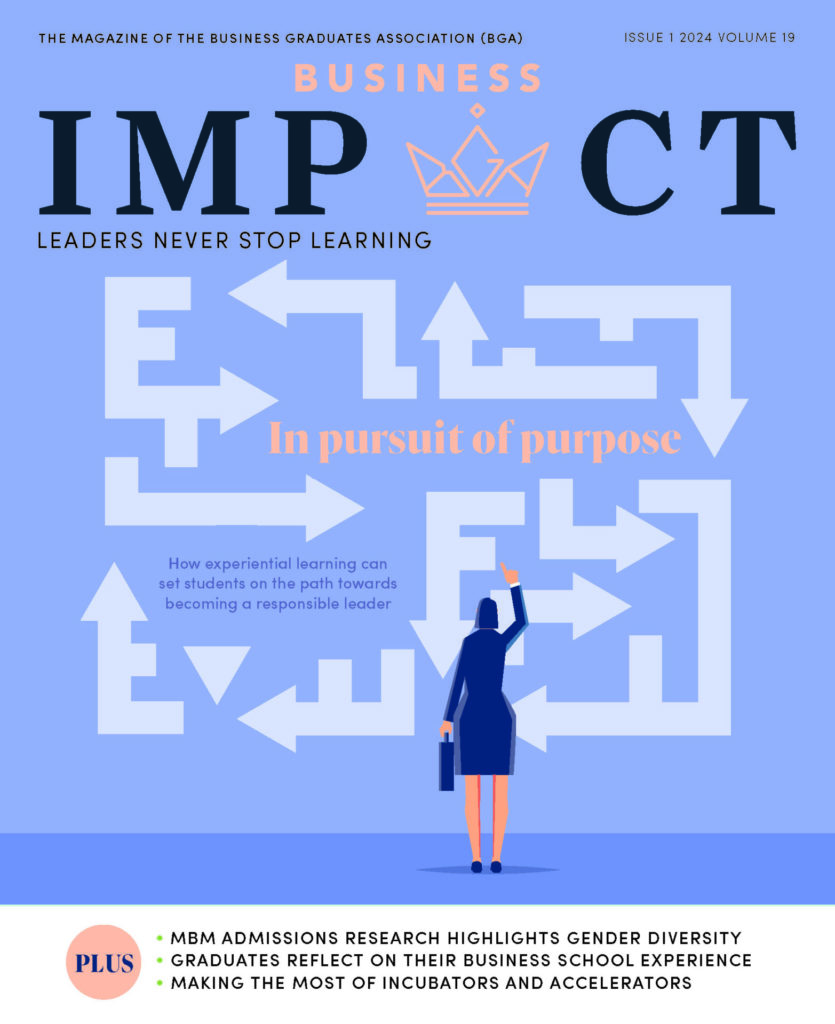
How can business schools identify impact and quantify continuous improvement?
President of the Positive Impact Rating Katrin Muff outlines the value of a system that works with students to assess a business school’s impact orientation and offers insights into areas of strength and potential improvement











